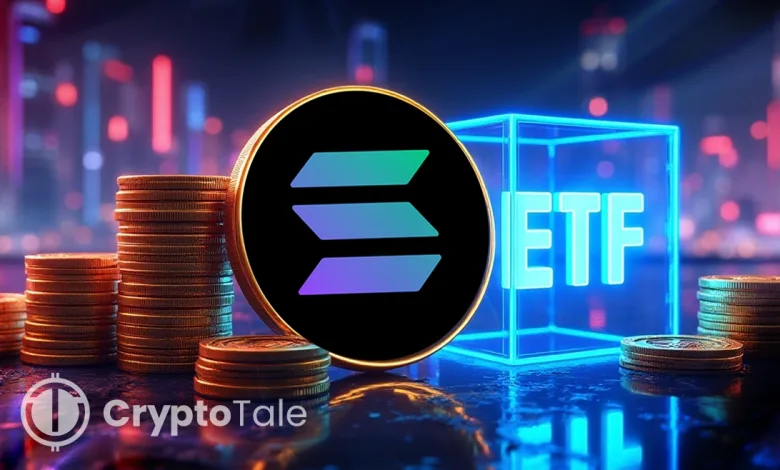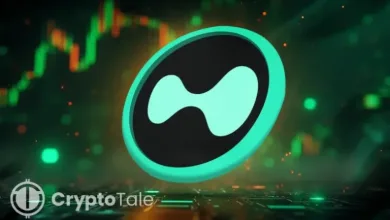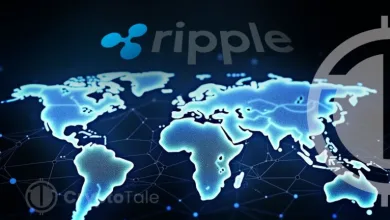VanEck Picks SOL Strategies for SOL ETF Staking and Custody

- VanEck’s pick of SOL Strategies places certified staking at the center of its VSOL ETF.
- SOL Strategies’ ISO-certified validators support custody, yield, and ETF security demands.
- VSOL’s zero-fee launch enters a crowded Solana ETF sector amid rising inflows.
VanEck selected SOL Strategies on Monday to handle custody and staking for its U.S. Solana spot ETF, according to the company’s announcement. The decision follows the launch of the VSOL ETF in the United States and places the Toronto firm’s Orangefin validator at the core of the staking setup. The move aims to support yield generation and secure operations as regulated Solana products expand.
SOL Strategies Role in VanEck’s Solana ETF
The selection builds on VanEck’s long involvement with the Solana marketplace, which influenced its choice of a staking partner. According to VanEck director of digital assets product Kyle DaCruz, the company picked SOL Strategies because of its validator record and institutional processes.
This point links to the growing need for compliant validator services as staking becomes more common in regulated ETFs. SOL Strategies said the role supports its work to connect traditional finance with decentralized systems.
Interim CEO Michael Hubbard said the selection shows rising institutional interest in high-performance Solana staking arrangements. This focus is a trend where asset managers rely on certified validator operators to support custody and yield functions.
The company’s Orangefin validator, acquired in December, forms the base of this setup. This connection leads into the firm’s technical capacity, which remains central to its institutional partnerships.
Security Certifications and Validator Framework
SOL Strategies operates ISO 27001 and SOC 2-certified validators that safeguard more than CAD$610 million in staked assets. These certifications support institutional risk frameworks that demand strict controls on infrastructure and asset handling.
This detail matters because staking within ETFs requires good security to meet regulatory expectations. The company rebranded from Cypherpunk Holdings last year to focus on Solana participation and validator operations.
It now holds 524,000 SOL in its treasury, according to its website. This treasury position aligns the firm with the network it supports. The certified validator setup also supports the ETF’s liquidity and staking processes. This connection transitions into the broader competitive sector of Solana ETFs in the U.S. market.
Related: VanEck Solana ETF Gets DTCC Listing as Approval Comes Close
VanEck Launches VSOL
The VSOL ETF debuted in a market that already includes Bitwise’s BSOL and Grayscale’s GSOL. These products offer exposure to Solana through standard brokerage accounts and, notably, they provide staking rewards that add yield to price exposure. This feature sets Solana ETFs apart from Bitcoin funds, which cannot produce staking returns. The sector has also seen rising inflows in recent weeks as investors rotate toward yield-enabled altcoin ETFs.
VanEck launched VSOL with a temporary zero-fee period until February 17 or until the fund reaches $1 billion in assets. This fee structure aims to compete with established Solana ETFs and position VSOL within a fast-growing sector.
The launch comes as capital changes from Bitcoin and Ethereum products toward Solana and XRP funds. This trend continues as asset managers file new products under updated SEC listing rules that allow faster approval without individual assessments.
Meanwhile, VanEck’s selection of SOL Strategies links regulated ETF staking with certified validator infrastructure. The arrangement integrates institutional custody needs with Solana’s yield features through the Orangefin node.
This setup, combined with rising interest in Solana ETFs, shows how validator partnerships now influence risk, compliance, and operational models across new crypto investment products.




